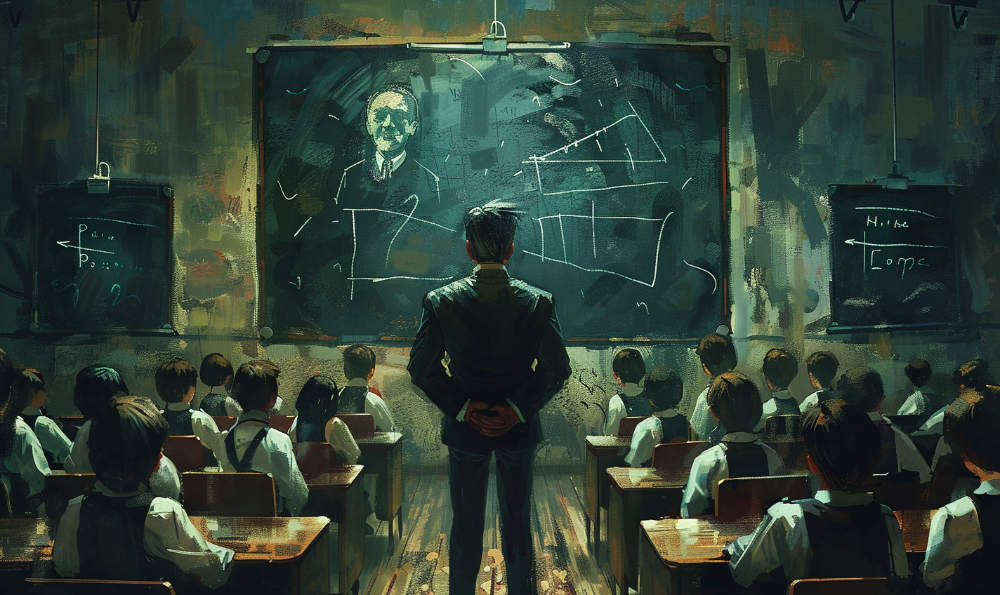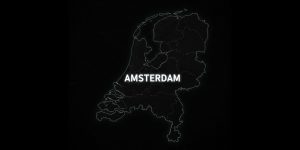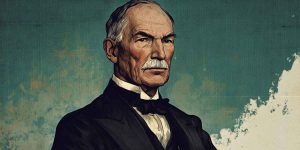The Corrupting Influence of Education: Government Narratives and the Erosion of Free Thought

Education was once seen as the key to progress and intellectual freedom. It was meant to stimulate young minds to think critically, develop creativity, and reason independently. However, growing concerns suggest that education is no longer a sanctuary for knowledge and discovery but rather a tool of conditioning. Government narratives dominate curricula, free speech is restricted, and creativity is suppressed. What remains of the original ideals of education when it primarily becomes a means of enforcing conformity?
The Evolution of Education
Over the years, education has undergone a profound transformation. Where schools once focused on intellectual growth and curiosity, the emphasis has increasingly shifted toward standardization and measurable performance. The use of standardized tests, rigid curricula, and government-approved teaching materials has changed the essence of learning. Instead of encouraging students to ask questions, they are expected to reproduce answers that fit within predetermined frameworks (Robinson, 2011).
Government Influence on the Curriculum
One of the greatest concerns is the growing influence of government narratives in education. Teaching materials are often carefully curated to reflect a specific political or ideological perspective. History, social studies, and political issues are presented from a limited viewpoint, leaving little room for alternative perspectives (Apple, 2004).
As a result, students receive a one-sided view of complex subjects. Critical questions about controversial events or policies are discouraged, and teachers often feel pressured to stay within official lines to avoid conflicts (Giroux, 2014). This turns education into a tool of indoctrination rather than a means of intellectual development.
The Suppression of Free Thought
A healthy education system encourages critical thinking. It teaches students not only what to think but, more importantly, how to reach their own insights. Unfortunately, we increasingly see schools focusing on the rote learning of facts without room for interpretation or discussion.
Students are conditioned to accept authority without questioning it. Asking questions or challenging dominant opinions is discouraged. This leads to a culture of conformity where independent thinking is seen as undesirable (Freire, 1970).
Restrictions on Free Speech
Additionally, freedom of speech and open debate are increasingly restricted within education. Students hesitate to express dissenting opinions out of fear of social exclusion or repercussions. Teachers self-censor to avoid conflicts or controversies (Lukianoff & Haidt, 2018).
As a result, an environment emerges in which disagreements are not seen as opportunities for dialogue but as threats that must be neutralized. This contradicts the fundamental principles of academic freedom and open intellectual exchange.
The Erosion of Creativity
Creativity is an essential foundation for innovation and progress. Yet, in today’s education system, it is often neglected. Art, music, and other forms of creative expression are increasingly sidelined in favor of subjects deemed more “practical.” Students are trained to pass standardized tests rather than to develop their unique ideas (Robinson, 2011).
The problem is that an education system without space for creativity leads to a society without innovators. Innovation thrives on originality and out-of-the-box thinking, and the lack of these skills will have long-term negative consequences for both individuals and society as a whole.
How Education Can Nurture Independent Thinkers
To reform education and restore it to its original purpose, radical changes are necessary:
- Encouragement of Critical Thinking: Schools should be encouraged to let students reason and argue independently instead of merely teaching them facts.
- Openness to Diverse Perspectives: Curricula should allow room for different historical, social, and political viewpoints.
- Protection of Free Speech: Students and teachers should feel safe to express their views without fear of social or academic sanctions.
- Greater Focus on Creativity: Encouraging art, music, and innovative thinking processes is crucial for a dynamic and forward-thinking society.
Conclusion
The education system should be a powerful tool for intellectual liberation, not for control and conformity. The increasing influence of government narratives, the suppression of critical thinking, restrictions on free speech, and the marginalization of creativity threaten the core principles of good education. It is time to reclaim education as a space for free thought, debate, and creativity. Only then can we educate a generation that does not merely reproduce answers but is capable of critically analyzing and improving the world.
References
- Apple, M. W. (2004). Ideology and curriculum. Routledge.
- Freire, P. (1970). Pedagogy of the oppressed. Continuum.
- Giroux, H. A. (2014). Neoliberalism’s war on higher education. Haymarket Books.
- Lukianoff, G., & Haidt, J. (2018). The Coddling of the American Mind: How Good Intentions and Bad Ideas Are Setting Up a Generation for Failure. Penguin Press.
- Robinson, K. (2011). Out of Our Minds: The Power of Being Creative. Wiley.


















